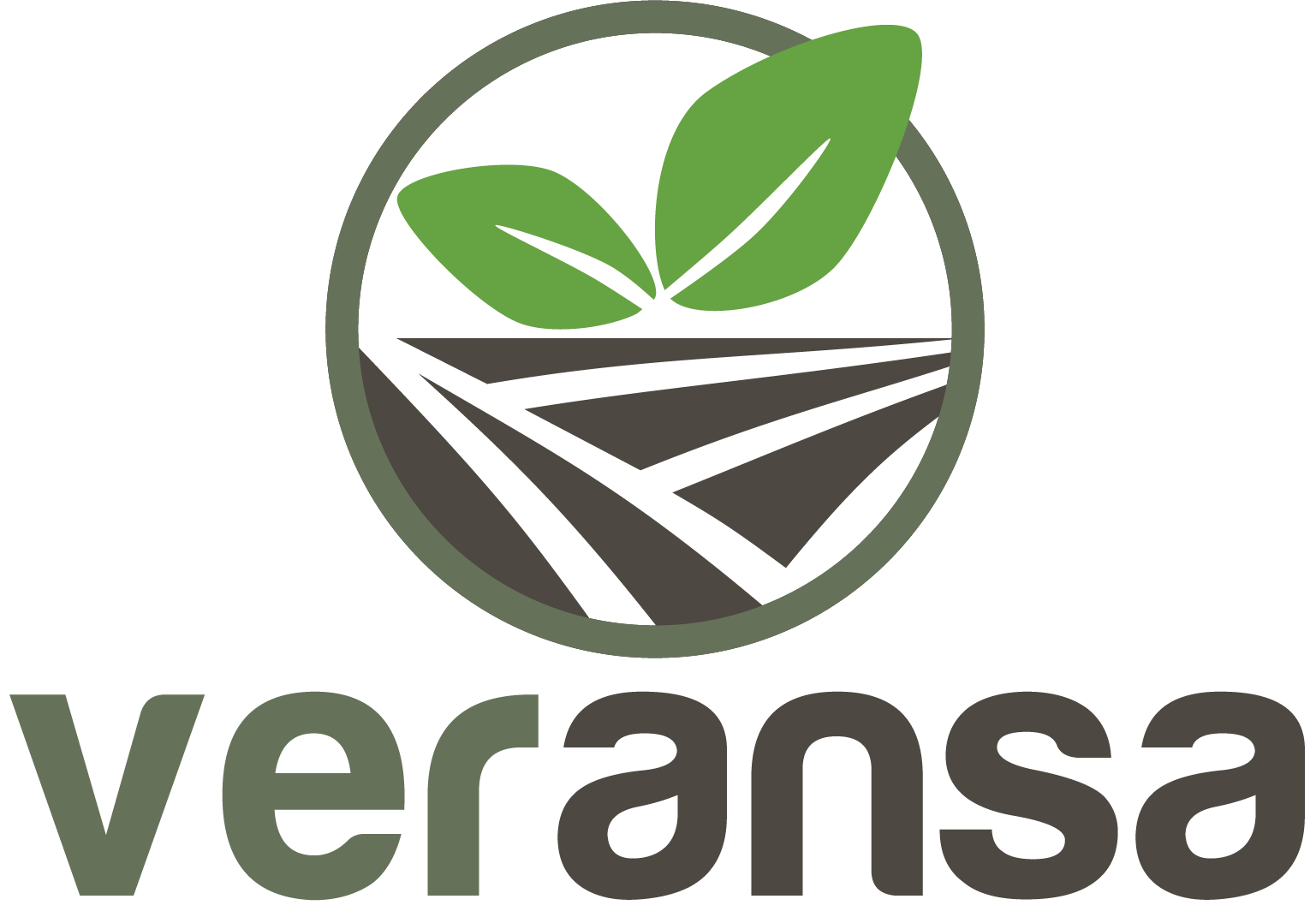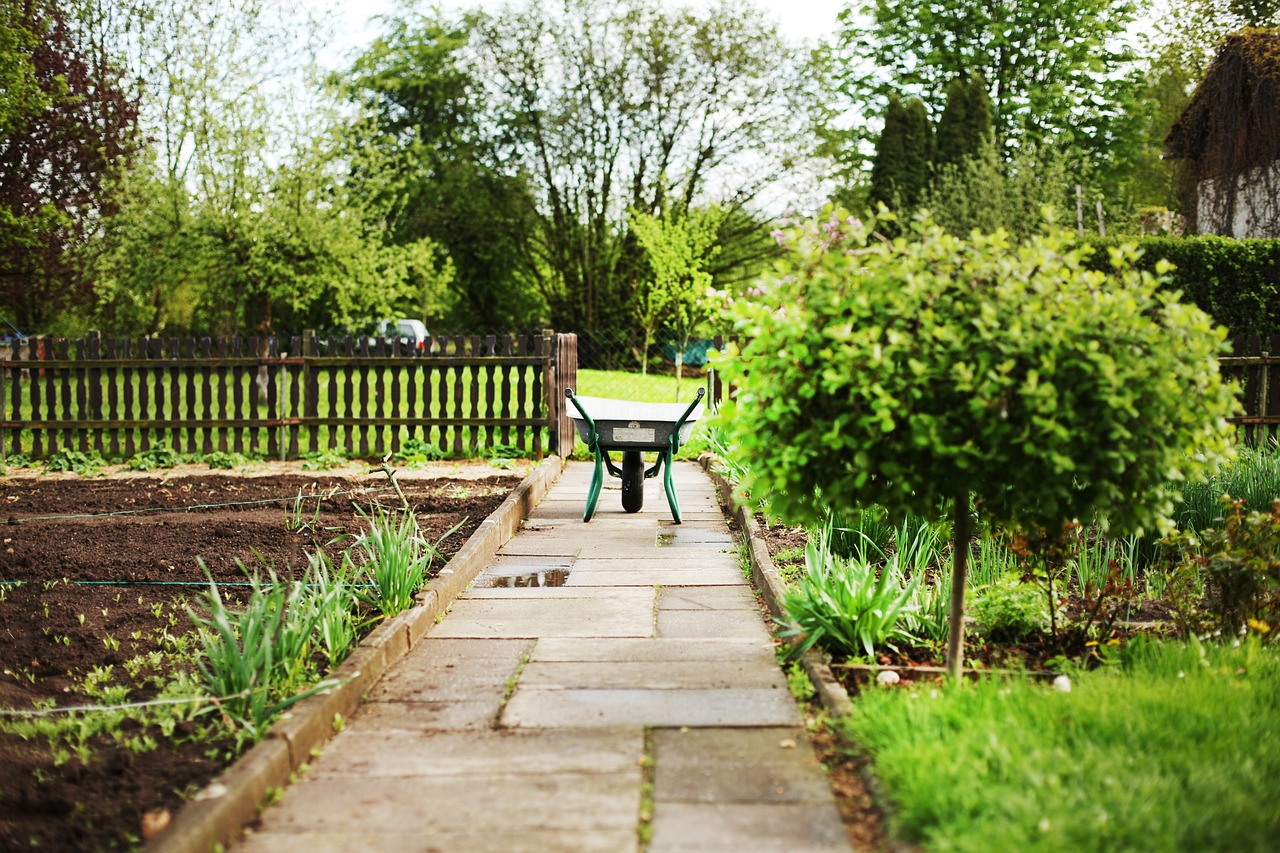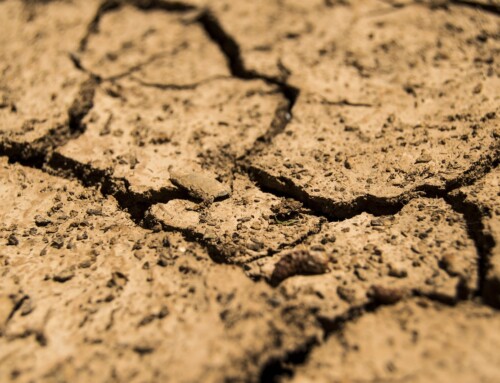High-quality, fertile soil is necessary for the healthiest lawn and garden, but most Florida homeowners don’t inherit such rich soil when they purchase their homes. The good news is that there are ways to transform your lifeless dirt into nutrient-rich, fertile soil, and better soil tilth. What is Soil Tilth? Tilth describes the physical condition of soil when planting crops. Healthy soil with good tilth offers abundant organic matter that is well-aerated and drains effectively without drying out the soil. Restoring lifeless dirt back to fertile soil involves improving its tilth.
Cultivate Fertile Soil in Your Florida Yard
- Establish Defined Garden Beds and Permanent Pathways: Walking on garden soil compacts it, destroying tilth along with the habitat of highly beneficial soil organisms. When you create permanent beds and design walkways to optimize access, you can reach all areas without harmful foot traffic. Beds that are free of walking improve annually, as opposed to those that must be rejuvenated each season. In addition to reducing compaction, permanent beds also save time and money by limiting amendment applications. Permanent pathways covered in natural mulch attract beneficial insects and fertilize the ground, encouraging more fertile soil.
- Go No-Till: Tilling is a mechanical method for rapidly loosening and aerating soil to prepare for the planting season. It is used on large farms or agricultural operations, but it can have a detrimental effect on garden soil, which can more easily erode or wash away in the rain. Fortunately, on a backyard scale, a digging fork is a useful tool to loosen the soil without eliminating microorganisms. A digging fork gently works through the top few inches of soil to aerate and loosen the ground.
- Introduce Organic Matter: It can be tempting to “just get started” regardless of the soil quality, but less-than-ideal soil cannot produce nutrient-dense food or healthy plants. Nutrient-deficient soil typically results in unimpressive harvests or issues with disease and pest infestation. Amending and replenishing the soil prior to your growing season is important and is often done through some form of composting.
- Mulch Offers Significant Benefits: Mulching encourages healthy, fertile soil and boosts tilth by retaining and conserving moisture and nutrients. Mulching also saves time by minimizing the need for watering, weeding, and fertilizing. In Florida, heavier mulches are beneficial due to our regional hot climate, where moisture evaporation is high. Mulching can protect roots from temperature fluctuations, severe rainstorms, and moisture loss under the blazing sun. (By way of contrast, lighter mulches work better in cool, rainy climates where the soil needs more warmth from the sun but also still requires protection against erosion.) For many home gardeners, applying a heavy or dense mulch during the off-season offers protection to beneficial soil organisms against adverse elements and lowers the potential for soil erosion.
Whether you are looking to balance or change the pH of your soil, need to replenish nutrients, or need to protect your plant roots and encourage growth – some form of soil amendment is probably necessary. Florida soil can be sandy, full of clay, and is often comprised of fill dirt due to new home construction patterns. These soils can be fixed and rejuvenated via organic materials that are typically made available through compost and mulch manufactured from yard and wood waste. The Veransa Group is a dedicated team of like-minded individuals working to close the green loop in Florida. We utilize yard waste collected after storms or during annual yard maintenance to create organic, nutrient-rich amendments to improve our local soil environment. If you need to drop off yard waste, click here for our 5 Gulf Coast locations, where homeowners can also purchase high-quality soil amendment products.




